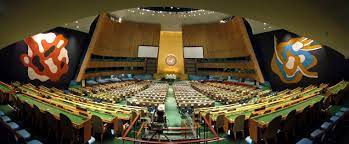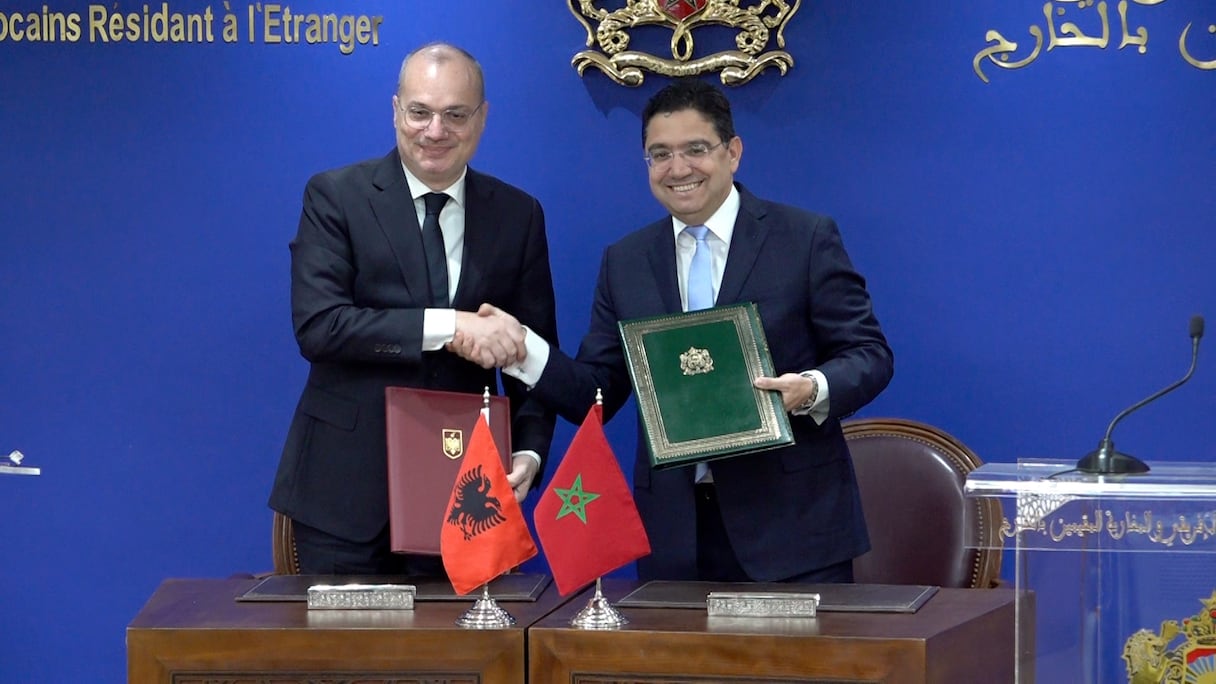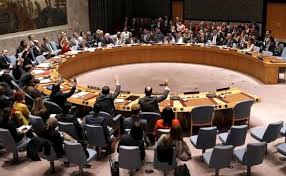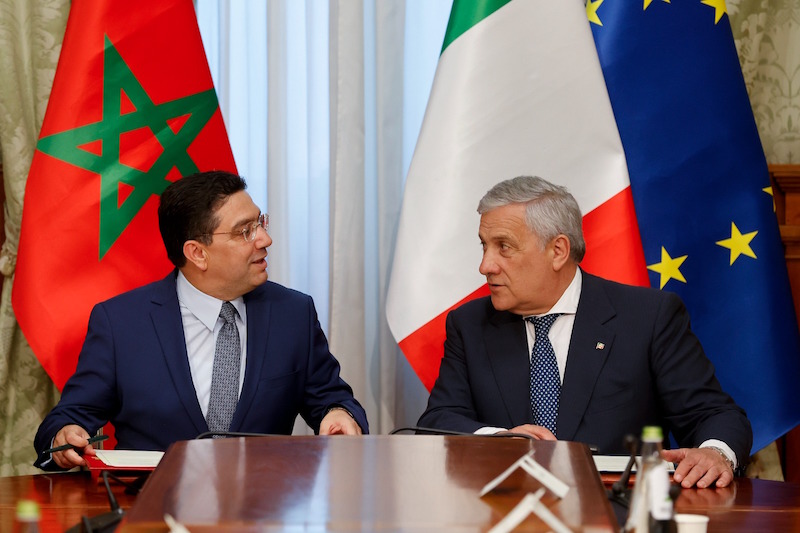The United Nations General Assembly has just adopted a resolution reiterating its support for the political process conducted under the exclusive auspices of the United Nations for the resolution of the regional dispute over the Sahara, within the framework of the Security Council resolutions since 2007. It is the same resolution adopted by the 4th Committee last month.
The General Assembly resolution urges all parties to cooperate fully with the UN Secretary General and his personal envoy to achieve a political solution to this regional dispute on the basis of the resolutions adopted by the Security Council since 2007. It thus supports the political process based on the 19 resolutions of the Security Council since 2007, with a view to reaching a “just, lasting and mutually acceptable political solution” to the Sahara issue.
The text highlights the efforts made in this regard and invites all parties to cooperate fully with the Secretary-General, and with each other, to achieve a “political solution” to this regional dispute.
The General Assembly resolution, like its predecessors and those adopted by the Security Council for more than two decades, does not mention any referendum, an option dead and buried by the UN Secretary-General, the UN General Assembly and the UN Security Council.
Moreover, this resolution unmasks the lies of Algeria and its puppet, the Polisario, by qualifying the question of the Sahara as a regional “dispute” between Morocco and Algeria and not at all as a so-called “decolonization” issue. Indeed, the decolonization of the Moroccan Sahara was definitively sealed with its return to Morocco, following the signing of the Madrid Agreement on November 14, 1975.
The UN General Assembly also welcomes in this resolution the commitment of the parties to continue to show political will and to work in an atmosphere conducive to dialogue, on the basis of the efforts deployed and the new developments since 2006, thus ensuring the implementation of the Security Council resolutions since 2007.
It should be noted that the only new development in the political process since 2006 is the presentation by Morocco, on April 11, 2007, of the autonomy initiative.
In this regard, the text supports the resolutions of the Security Council since 2007, which have consecrated the pre-eminence of the Autonomy Initiative presented by Morocco, hailed by the executive body and by the entire international community as the only serious and credible initiative for the definitive settlement of this regional dispute within the framework of the sovereignty and territorial integrity of the Kingdom.
The resolution also supports the recommendations of Security Council resolutions 2440, 2468, 2494, 2548 and 2602, enshrined in resolution 2654, adopted on October 27 this year, which determine the parameters of the solution to the regional dispute over the Moroccan Sahara, namely a political, realistic, pragmatic, lasting and compromise-based solution.
It should be recalled that resolutions 2440, 2468, 2494, 2548, 2602 and 2654 consecrated the round-table process as the sole framework of the political process and defined, once and for all, its four participants, namely Morocco, Algeria, Mauritania and the Polisario. Actually, all these resolutions establish Algeria, together with Morocco, as the main party in this regional dispute.
Moreover, these Security Council resolutions welcome the measures and initiatives taken by Morocco for the promotion and protection of human rights in its southern provinces, and the role played by the Commissions of the National Human Rights Council in Laayoune and Dakhla, as well as Morocco’s interaction with the mechanisms of the UN Human Rights Council.
They also reiterate the urgent and insistent request of the UN executive body for the registration and census of the population abducted in the Tindouf camps, and the demand that all necessary measures be taken to this end. Resolution 2654 urges, for the first time, “aid agencies to facilitate the delivery of humanitarian aid in accordance with United Nations best practices” in order to put an end to the documented diversion of humanitarian aid intended for the abductees in the Tindouf camps by Algerian and Polisario officials.
This resolution of the General Assembly does not refer at all to a supposed imaginary war in the Moroccan Sahara as claimed by Algeria and its puppet Polisario. Thus, after the Security Council, the General Assembly unmasks, in its turn, the lies and fabrications of Algeria and the Polisario about the situation in the Moroccan Sahara, marked by calm, stability and development at all levels, as confirmed by the successive UN Secretary General’s reports to the Security Council.



